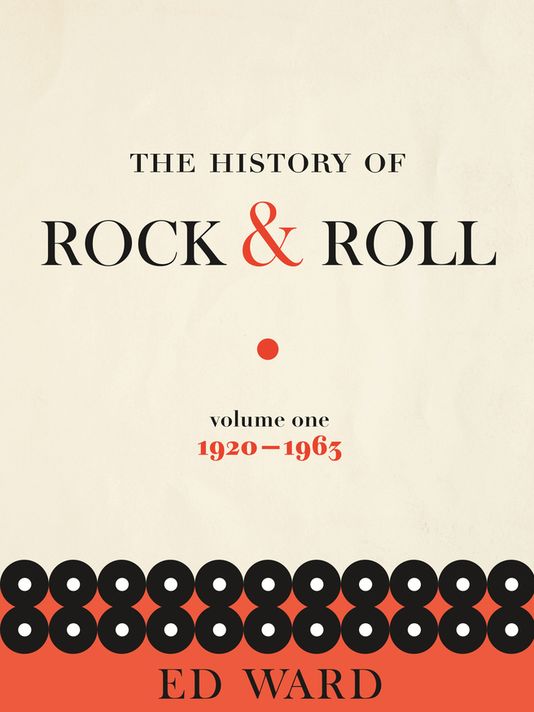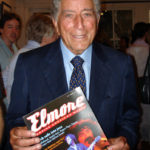 “Many times I’ve wondered how much there is to know.” – Led Zeppelin, “Over the Hills and Far Away” 1973
“Many times I’ve wondered how much there is to know.” – Led Zeppelin, “Over the Hills and Far Away” 1973
When I was in college, I skipped one day of my freshman Western Heritage class (I was sick) and missed the entire rise and fall of the Roman Empire. Historians (and history professors) experience a real dilemma when deciding what to talk about and what to leave out. As result, they often move from event to event with blinding speed. Ed Ward, commentator on NPR’s Fresh Air and one of the founders of SXSW, is no exception. Like any good history teacher, he doesn’t just hammer you with a barrage of facts, names and dates – which he does, don’t get me wrong – but also gives you a solid grounding in what makes those facts important.
Reading History of Rock & Roll was like being dunked in a pool, drowning in information, inhaling and swallowing it only to find I not only didn’t die, but wanted more. My already musically well-read mind was dazzled with the length, breadth and width of how much I didn’t know, and it zapped me with a cattle prod every time I picked it up. Learning about ragtime, jump blues, race records, vocal groups and everything else I didn’t know about had me consuming Ward’s words in a way I hadn’t since college lit courses.
Rock ‘n’ roll, as it turns out, was based on one thing more than anything else – racism. Racism permeates every aspect of our society, because it concerns one of the primary things in our existence: what we see. The color of someone’s skin is the first thing we notice about a person, and it even dominates our listening choices. Back in the ‘40s and ’50s, all music made and recorded by people of color were categorized by white people as “race records.” Billboard even had a separate chart for those records. This seems unthinkable to us in this day and age, but was taken for granted back then. One of the things Ward’s writing brought out to me was the monumental ridiculousness of racism, a visual prejudice, playing such a key role in music, a non-visual medium.
Instead of a dry, Professor Binns-style presentation of history– cold events without context of reasoning why we should care about them– Ward makes rock ‘n’ roll warm, living, relatable and humanity-based. A more accurate title would be The History of the People Who Made Rock & Roll, but that doesn’t seem to have the same ring, somehow. The names come pouring down, and it’s impossible for the reader to keep them all straight, but Ward never lets go of his fundamental guiding principle, that this is an unfolding story about more than simply how a person’s name is spelled or what year a certain single was released.
To music geeks like me, this book is pure gold. It plumbs the depths of musical knowledge and can teach nearly anyone something that they hadn’t understood before. The nuggets of truth and facts range in importance from the date that Elvis recorded “Heartbreak Hotel” to the systemic role that race played in the genesis of rock music in the first place.
-Neal Paradise







Be the first to comment!